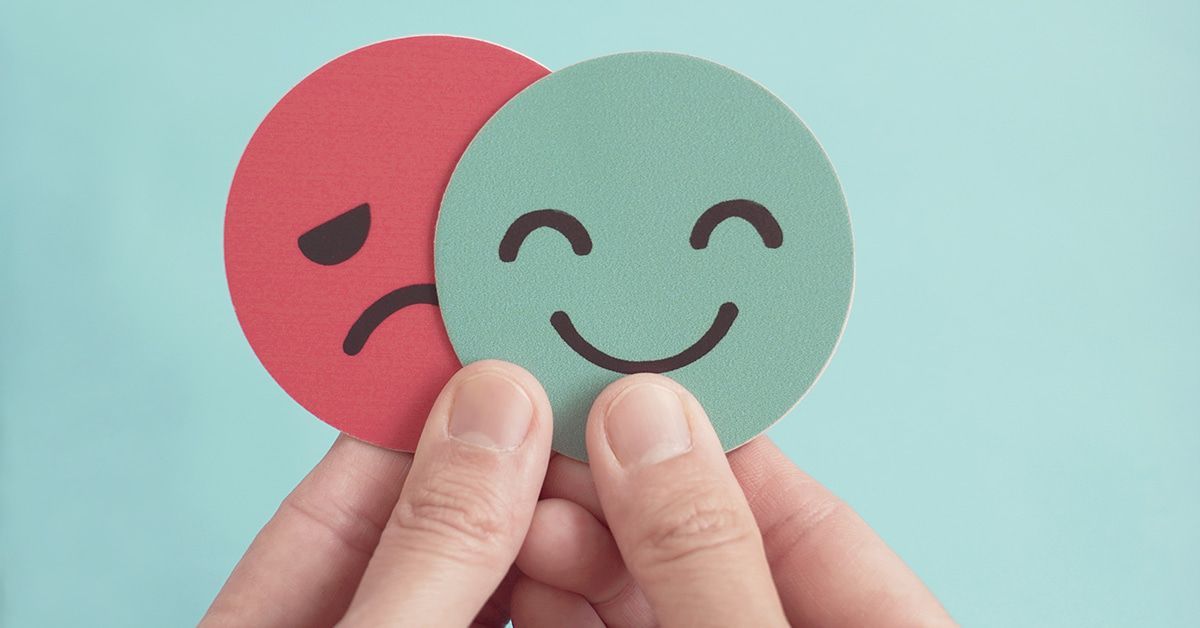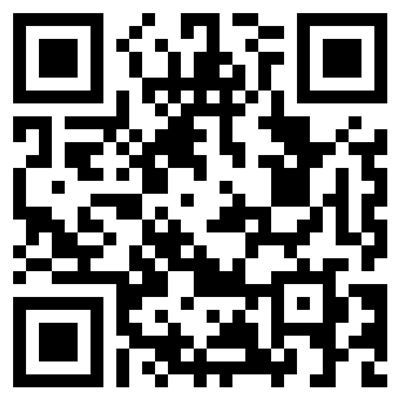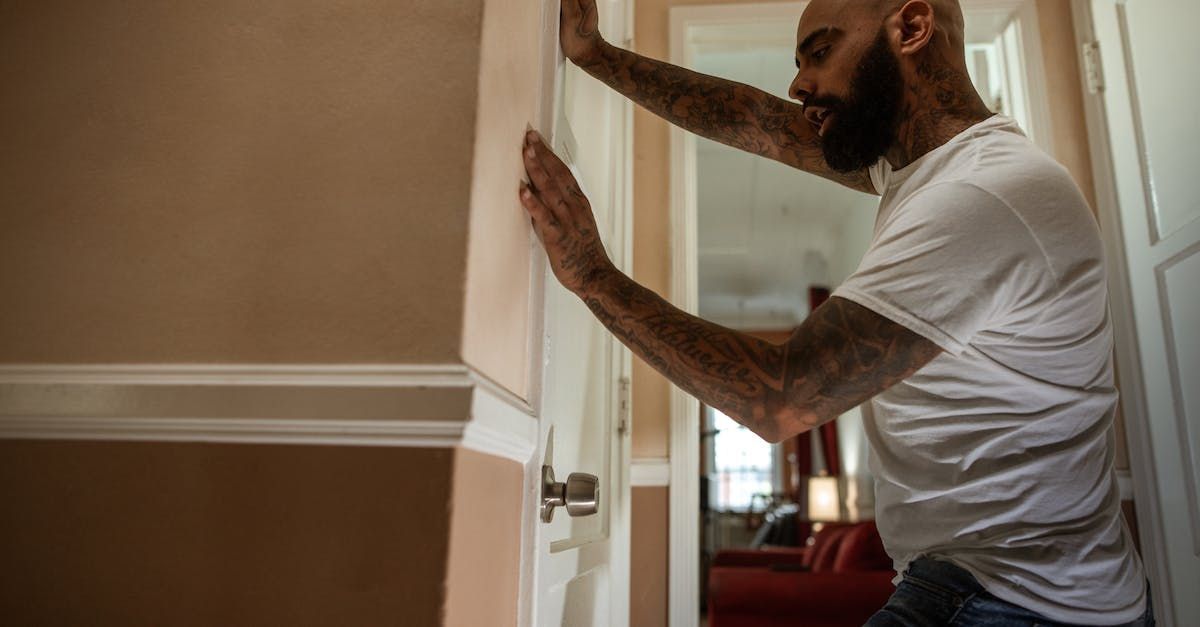Mental Health Clinic - Carbondale IL
Bipolar Disorder Signs & Symptoms

The Albany Clinic • May 09, 2022
You’ve been dealing with extreme mood swings and bouts of depression for several months, and nothing you’ve tried has helped much. As your moods peak and drop, family and friends have mentioned you may be experiencing legitimate mental health issue symptoms – but which one? You may have bipolar disorder, but that can only be determined by knowing its symptoms and warning signs.
Bipolar disorder , once called manic-depressive illness or manic depression, is a mental illness that features unusual shifts in activity levels, concentration, energy, mood, and the means to carry out daily responsibilities. There are three kinds to be aware of: bipolar I disorder, bipolar II disorder, and cyclothymia. Collectively, all three affect nearly 3 million U.S. adults.
Know the Signs and Symptoms
There are multiple kinds of bipolar disorder and related illnesses to be aware of, each presenting unique symptoms that can only be treated if you understand each one.
- Bipolar I disorder . In this case, you’ve had one or more manic episodes that may come before or be followed by major depressive or hypomanic episodes. At its worst, the mania could trigger a breakdown from reality, also known as psychosis.
- Bipolar II disorder may be diagnosed if you’ve had one or more major depressive incidents and one or more hypomanic episodes, but not a manic episode.
- Cyclothymic disorder means you’ve had two or more years (typically one year for children and teenagers) of multiple episodes of hypomania symptoms and moments of depression symptoms identified as being less severe than major depression.
To be diagnosed with bipolar, you must have had one or more instances of mania or hypomania . Hypomania is a less severe mania that doesn’t feature psychotic episodes. If you have hypomania, you can often do well at school, at work, or home. A defining characteristic of bipolar disorder for many people is they may have numerous episodes of mania or hypomania during their lives. Still, in some cases, others may only have them infrequently.
Another key point: People in manic states don’t recognize the negative consequences of what they’re doing. Unfortunately, suicide is a constant danger because some can resort to suicidal tendencies even in manic states. If you have bipolar disorder, it’s essential to learn from previous incidents which behavior herald warning signs of manic behavior to try to control the condition’s symptoms.
The slumps of bipolar depression can be so debilitating that some people find it impossible to rise from their beds. Sleep problems are a common depressive symptom as people have trouble falling and remaining asleep and sleeping far more than usual in some cases.
Symptoms of mania and hypomania may include:
- You’re more upbeat or jumpy than normal
- You have a deep sensation of euphoria
- You may talk more than usual
- Racing thoughts
- You’re easily distracted
- Problems with concentration and poor decision-making
Symptoms of depressive episodes often include those mentioned above plus:
- Feeling sad, empty, or hopeless
- You’re not interested in doing things you used to enjoy doing
- Gaining or losing weight due to problems with appetite or eating
- You have insomnia or sleep too much
- You’re either restless, or your behavior is unusually slow
- Tiredness or lack of energy
- You feel worthless or harbor extreme or inappropriate guilt
- You’re more indecisive about everyday things than before
- You’re preoccupied thinking of or planning suicide
Many of its symptoms can be managed with counseling or ketamine , allowing people who have it to live fulfilling lives.
Diagnosis & Treatment
Diagnosing bipolar disorder is done by documenting symptoms, how bad they get, the duration, and how often they happen. The most notable are instances of hypomania or mania. When speaking with your healthcare provider, it’s vital to be transparent about your personal and family history of mental illness. Such information can help differentiate bipolar disorder from major depression. Beyond a medical examination, you may also be referred to a mental health specialist with expertise in bipolar disorder diagnosis and treatment. In either case, you may also be asked to fill out a questionnaire for mood disorders or depression screening and use a mood chart daily to document any symptoms as they happen.
If you’ve been diagnosed with bipolar disorder, the good news is symptoms typically improve with treatment. Your healthcare provider will likely recommend mood stabilizers or other medicine, combined with psychotherapy and possibly ketamine treatment . It’s important, however, to get diagnosed before the symptoms spiral out of control.
The post Bipolar Disorder Signs & Symptoms appeared first on The Albany Clinic.

At the Albany Clinic, our goal is to make you comfortable and provide relief for your symptoms. We accomplish this with a warm atmosphere, a caring and competent staff, and a state-of-the-art facility.
Leave Us a Review
Click The Google Image Below
Easily scan the QR code below with your mobile phone camera to leave us a Google review.

Quick Links
All Rights Reserved





